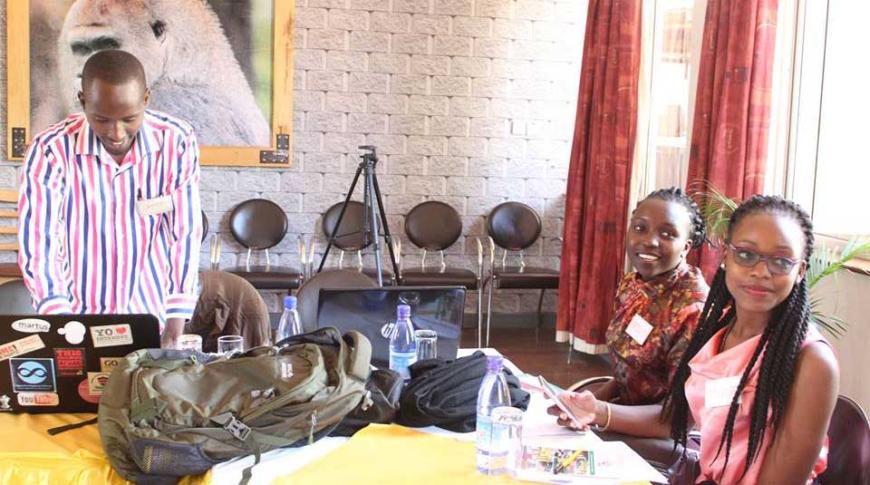
This member story was featured in the 2017 APC Annual Report, as part of our work on a feminist internet.
On 26 October 2017, WOUGNET held a national local level conversation on the Feminist Principles of the Internet (FPIs) under a project funded by the UN Women Fund for Gender Equality, combined with a capacity-building activity funded under our Women’s Rights Online project, seeing as both sought to target policy makers by highlighting the need for an inclusive internet. The activity was intended as an opportunity to discuss information and communications technology (ICT) policy recommendations and policy gaps, and draw on case study narratives as orientations for discussion. It included components of the status of internet governance in Uganda while highlighting the implications of policy gaps on women’s online rights and digital empowerment.
The Feminist Principles of the Internet are an ongoing discussion and debate on proposed principles designed to guide legal frameworks of the ICT sector while pushing to incorporate a strong component of gender equality and a human rights approach. The recommendations in the 2015 report on Women’s Rights Online and the five-point action plan also share the same goal, with strong emphasis on internet access for all and the need for ICT policies and laws that are inclusive. This activity attracted participants from various institutions, including researchers, students and staff from Makerere University, the National Union of Women with Disabilities, I-freedom Network and NITA-U, among others.
Image source: WOUGNET Facebook page